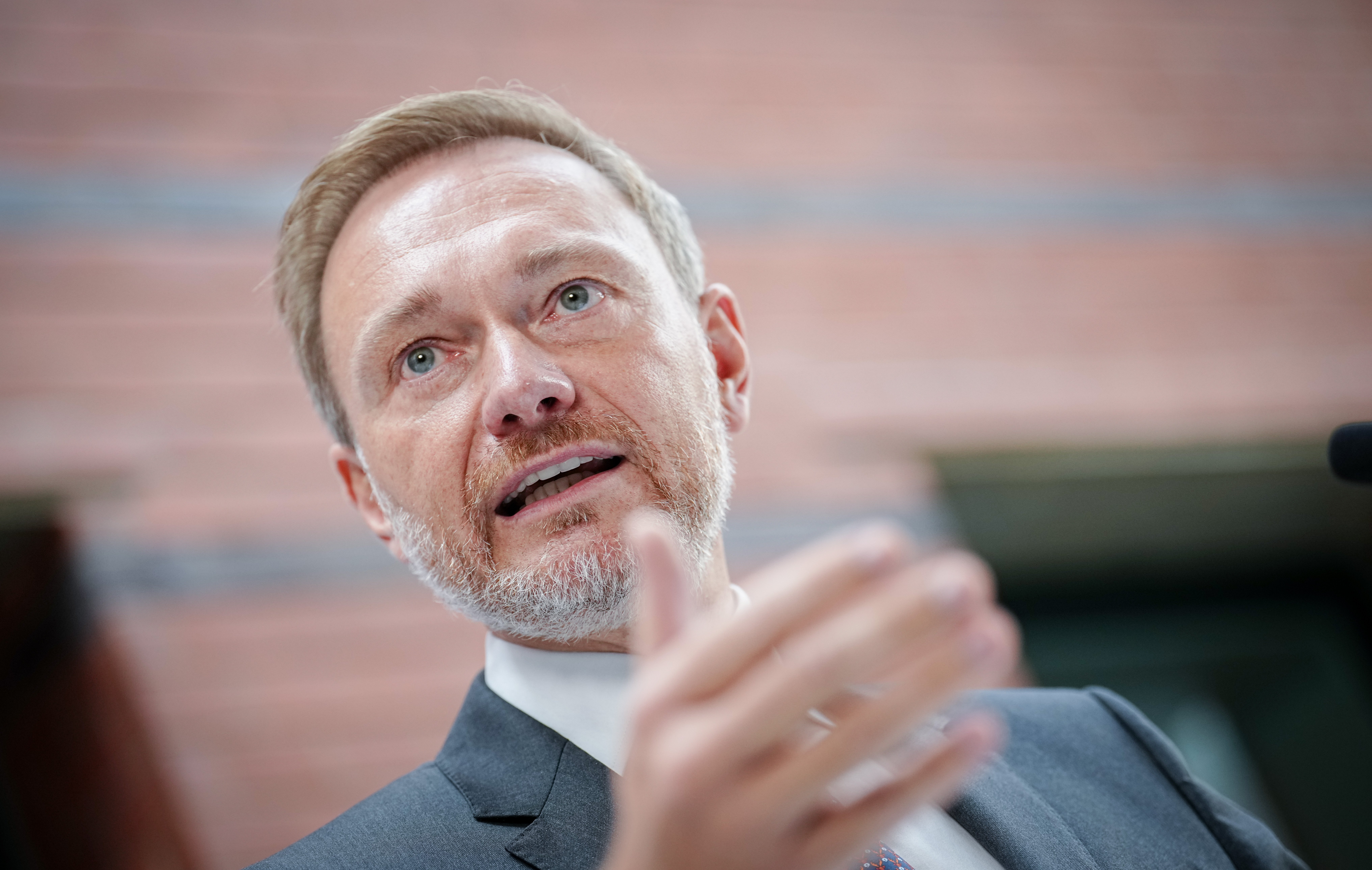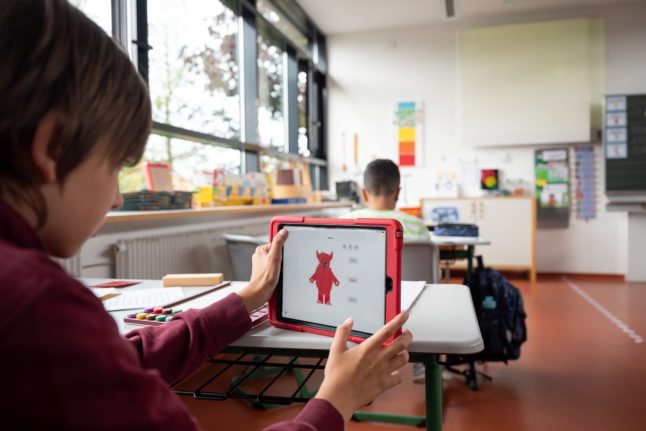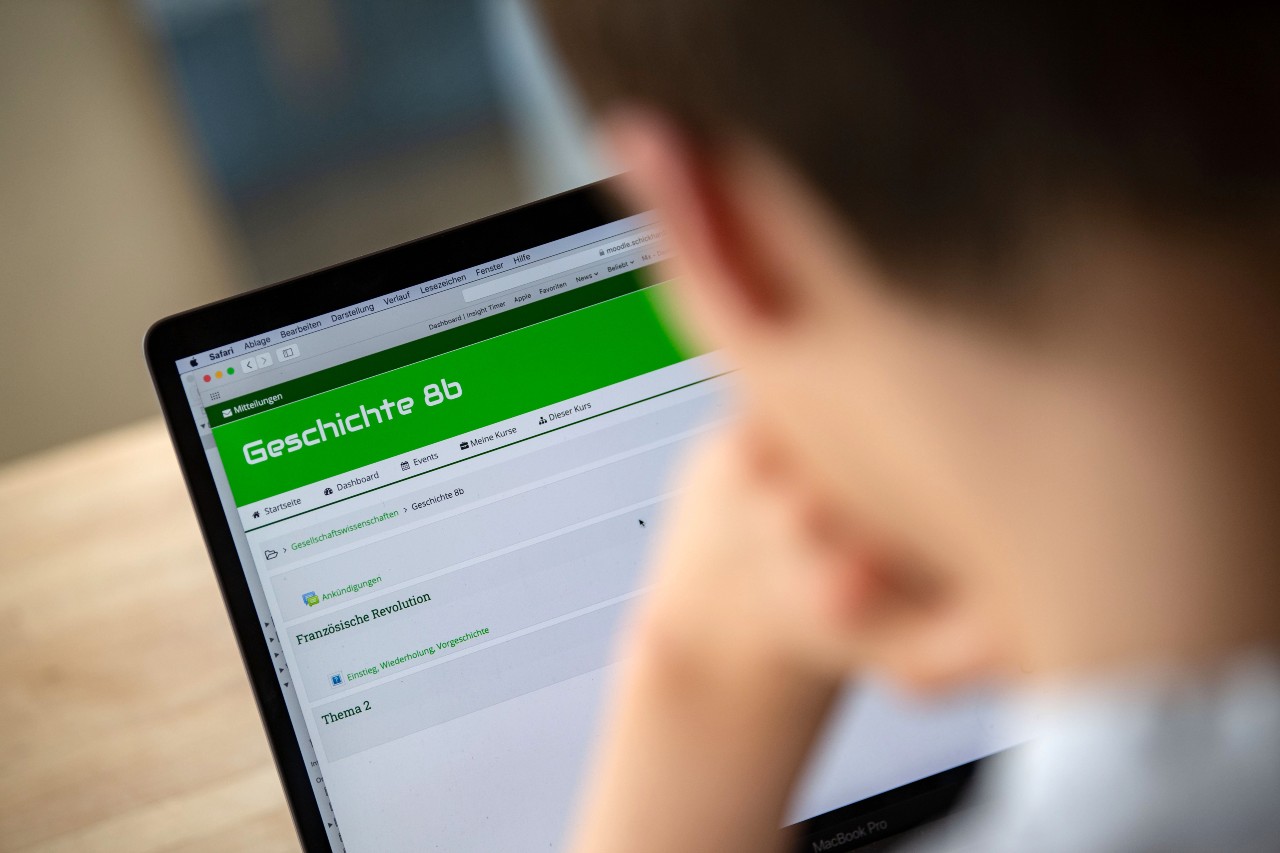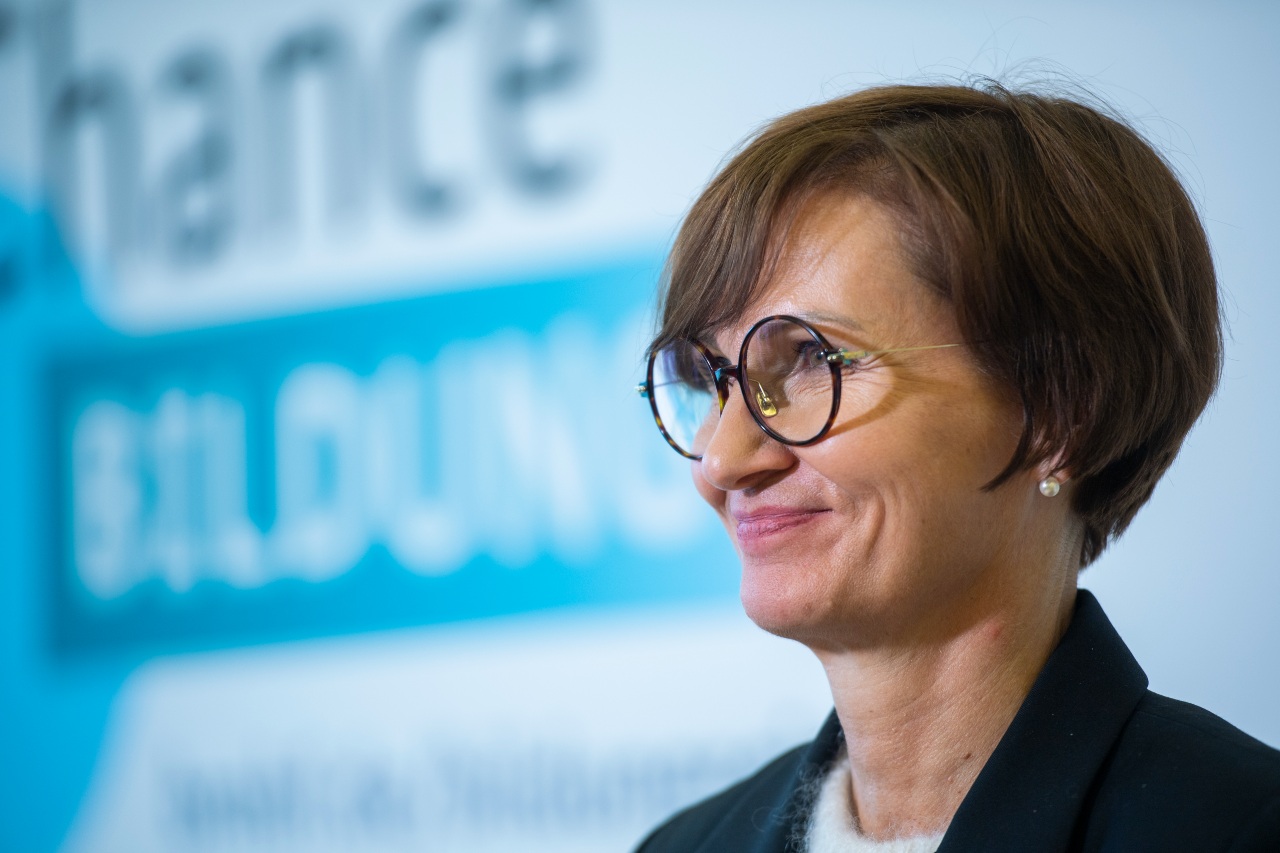The minister, who was discussing relief for families in Germany in an interview with Redaktions Netzwerk Deutschland (RND), said that Kindergeld will be increased in 2025 but didn’t say how much it would increase.
“For the exact amount, we will have to wait for the subsistence level report in autumn,” the FDP politician said.
Lindner added that there are also plans to compensate for inflation in wage and income tax in 2025.
“Together with an increase in child benefits, there will also be a further increase in the basic tax-free allowance and the child allowance in wage and income tax in 2025,’ he said. He estimated the volume of relief from these tax cuts to support German residents at a time of high inflation at a “single-digit billion amount”.
However, the interview also revealed further cracks within the coalition government, which has been arguing about several topics recently including unemployment benefits.
READ ALSO: Why a push for tougher sanctions in Germany is sparking a coalition row
Lindner said his party continues to reject a hike in child benefit called for by coalition partners the SPD and the Greens at the beginning of 2024.
“Child benefit was already increased significantly and disproportionately in 2023 in order to relieve the burden on families,” he said. “That was a great success. That is why the next increase is not due until 2025.”
Lindner also reiterated his call for child tax free exemptions (known as the Kinderfreibetrag) to be increased retroactively to the beginning of 2024, which he says is necessary for constitutional reasons. “Unfortunately, the SPD and the Greens have blocked this so far,” the FDP politician lamented.
There has been a row in the coalition over this matter for some time.
Lindner wants to increase the tax-free allowance for families with children without increasing child benefit at the same time. However, the SPD considers this to be unfair because it would only relieve the burden on families with high incomes. For families with lower incomes. child benefit is the main factor. The FDP argues that the increase it wants to see is intended to follow on from the hike in child benefit from 2023.

Parents in Germany automatically receive either child benefit or child tax exemptions depending on their income. The Finanzamt (tax office) looks at each tax return to determine whether the Kinderfreibetrag or Kindergeld makes the most sense for the family in question.
READ ALSO:
- What benefits are you entitled to if you have children in Germany?
- Everything that changes for families in Germany in 2024
The tax-free allowance is often only worthwhile for families bringing in higher incomes. It was increased from €6,024 to €6,384on January 1st and would rise retroactively to €6,612 under the Finance Minister’s plans.
Child benefit or Kindergeld rose to a standardised €250 per month and child in 2023.
As The Local has been reporting, the German government has agreed to replace Kindergeld with Kindergrundsicherung or ‘basic child allowance’ from 2025.
The new system will see those with a greater financial need granted additional benefits. It means all benefits including a basic allowance, a supplemental allowance, and parts of an “education and participation package” will be bundled into the Kindergrundsicherung.
READ ALSO: What families in Germany need to know about Kindergeld’s replacement from 2025





 Please whitelist us to continue reading.
Please whitelist us to continue reading.
Member comments